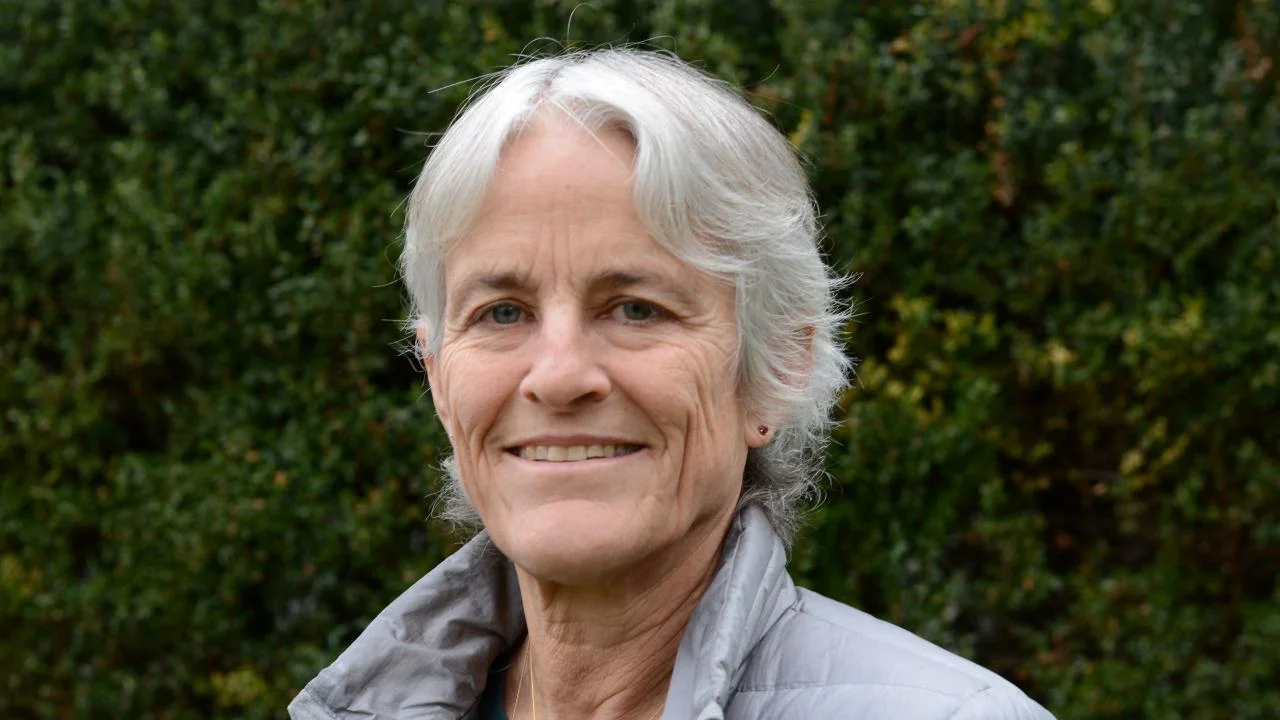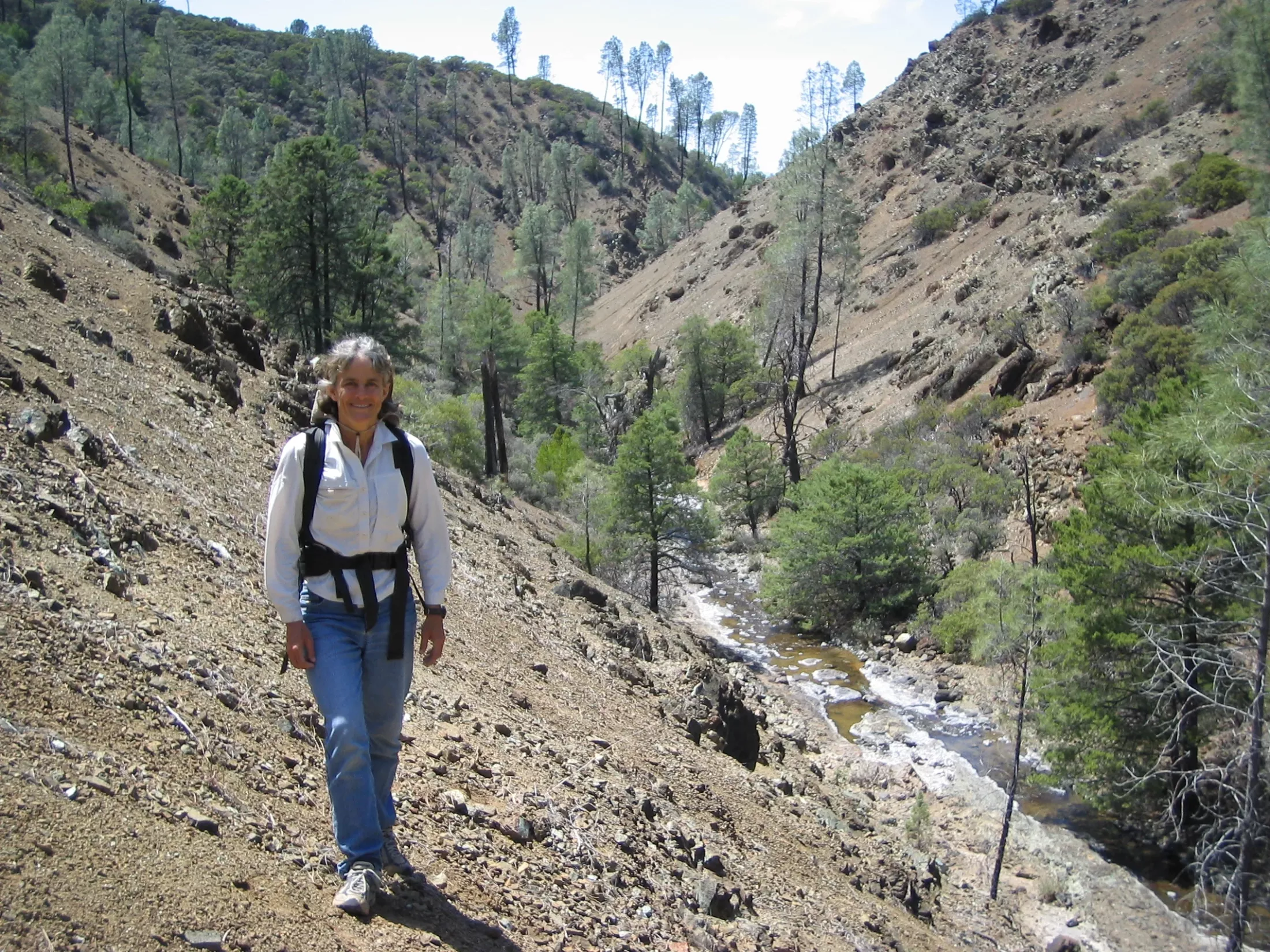
Saving Space for Research
Susan P. Harrison on the Importance of California’s Research Sites
AMONG THE ACADEMIES
UC Davis has more than 50 faculty members who belong to the National Academies of Science, Engineering and Medicine, a recognition of their distinguished and continuing achievements in research. The academies are among the most prestigious membership organizations in the world.
Each month, Dateline UC Davis will profile one of these faculty members in honor of their contributions to scientific research and knowledge.
By definition, the middle of nowhere is hard to find, but Susan P. Harrison defines it as the “triple junction of Napa, Lake and Yolo counties” and the center of a wealth of research possibilities.
“If you drew a line from the northern tip of Lake Berryessa to the southern tip of Clear Lake, it’d be right in the center of that line,” Harrison said, describing UC Davis’ McLaughlin Natural Reserve, a research site “very rich in natural diversity.”
Harrison ’83, M.S. ’86, is a professor and chair of the Department of Environmental Science & Policy. In a 15-year study at the reserve, Harrison analyzed how a loss of plant species richness, particularly of native wildflowers, is tied to drier winters such as those experienced during drought. She reported on her work in a paper titled “Climate-Driven Diversity Loss in a Grassland Community,”published in the Proceedings of the National Academy of Sciences in 2015, before being inducted into the academy in 2018.
“There's interesting soil variation, which gives rise to lots of plant community variation,” Harrison explained, referring to McLaughlin as “this incredible place for all kinds of ecological research.”
Harrison grew up in Sonoma County with five siblings and a nature-enthusiast father. But it wasn’t until her undergraduate years at UC Davis that she became “aware” of science. She received a bachelor’s in zoology before earning a master’s in ecology. After earning her doctorate in biology at Stanford, Harrison returned to UC Davis as a faculty member in 1991.
For Harrison, it “never made all that much sense to go study someplace a thousand miles away when there's all this cool, incredible natural diversity right here in lovely Northern California.”

Pioneering work
Harrison is most proud of supporting the development of the UC Natural Reserve System, describing the network as the product of “a grassroots movement of environmental scientists.”
The need for the reserves began when researchers in Southern California encountered difficulties studying reptiles and plants, with many of their favorite research sites “getting developed and paved over,” according to Harrison. As a master’s student, she joined the campus advisory committee for the reserve system to help some reserves find better financial footing.
“I started doing my research on these reserves almost 40 years ago, and I still do,” Harrison explained, noting today the nearly 40 UC reserves across California. “There's nothing like it and it’s an amazing resource. Not only is there this beautiful piece of land that protects some special part of the natural heritage, but over time it develops this kind of knowledge base.”
Looking ahead
The future of Harrison’s work focuses on the effects of climate change and its impacts across the state, including “potentially a lot of change in forests” due to increased temperature, lack of water and fires.
From the research opportunities in the “middle of nowhere” at McLaughlin reserve to her roles on campus, Harrison has found her place and values at Davis.
“I heard somebody say once: ‘We don't hire stars, we make them,’” Harrison said. “Davis is a really wonderful place. Despite all the challenges we face, I hope that we can stay that way. I really want people to understand how important that is.”
Media Resources
José Vadi is a writer for Dateline UC Davis, and can be reached by email.